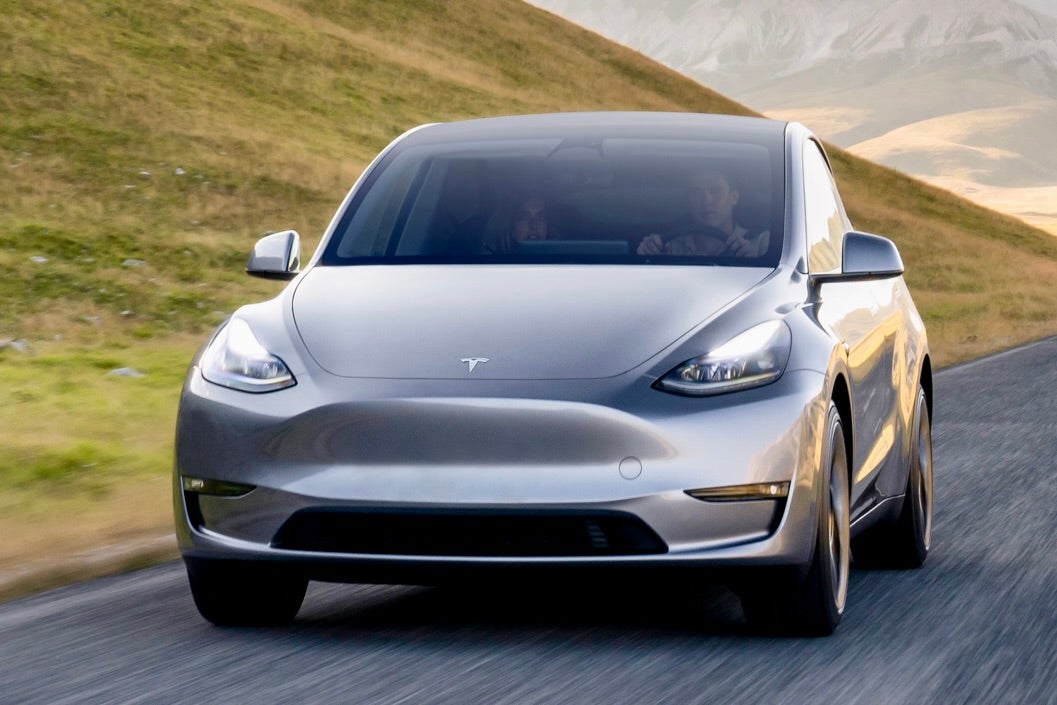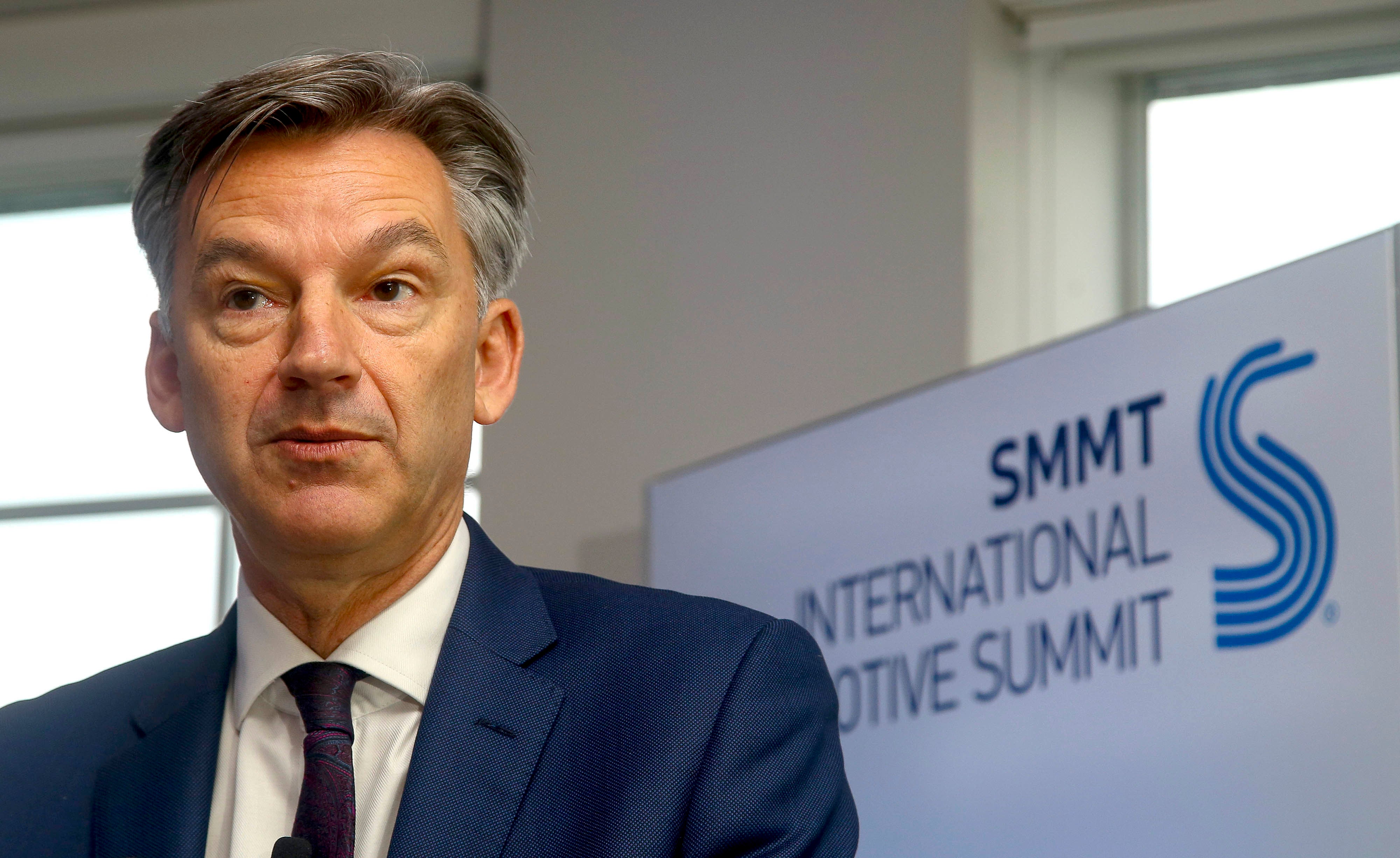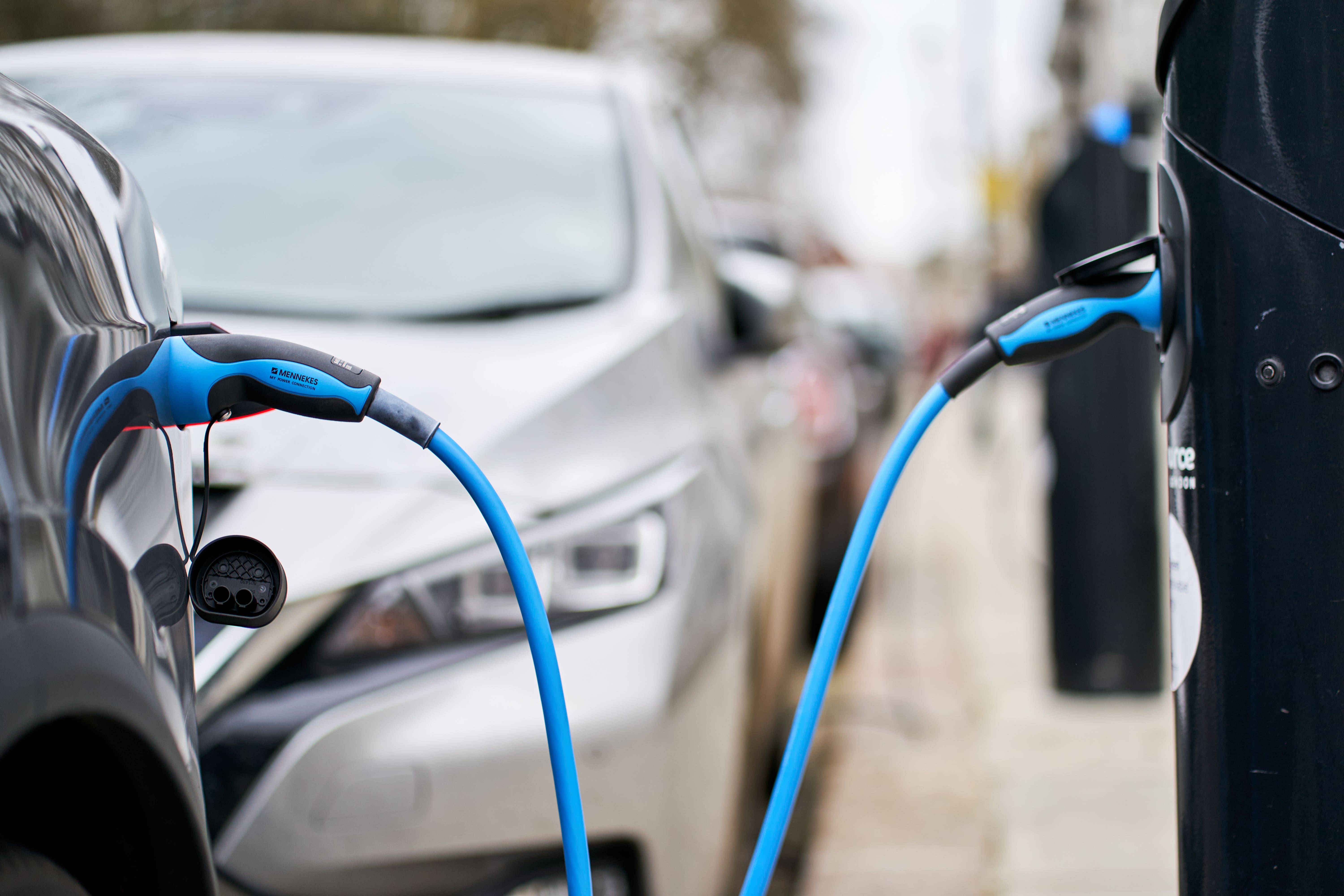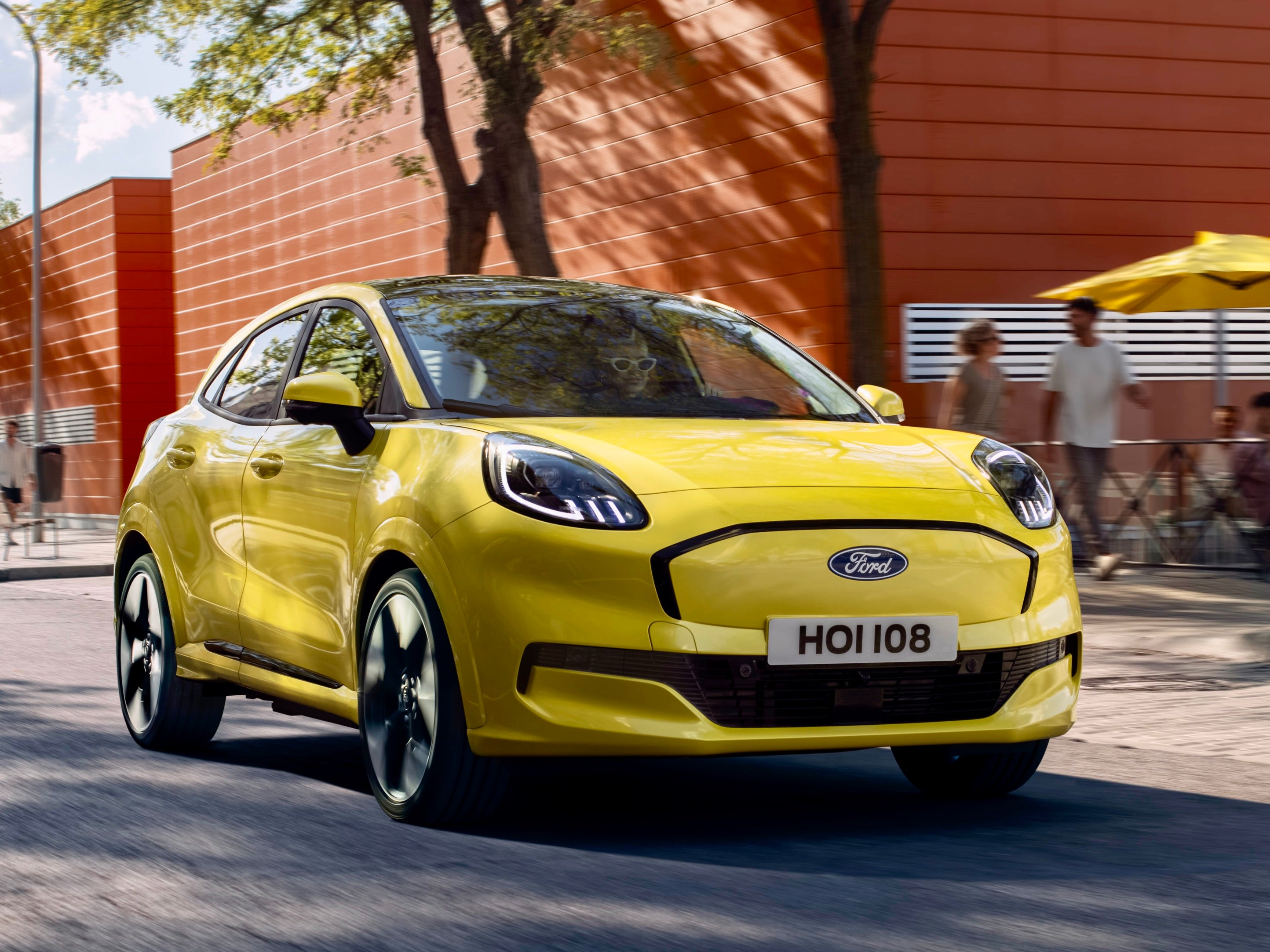Electric car sales hit a record high in 2024 but fall short of government target
New car sales hit 1.95 million in 2024; EVs take 19.6 per cent share; Ford Puma is Britain’s best selling car, Volkswagen is Britain’s favourite car brand

Sales of electric cars hit a new high in 2024, according to official figures from SMMT (Society of Motor Manufacturers and Traders). However, despite 19.6 per cent of all new cars sold being electric, registration numbers failed to meet the 22 per cent target set by the government in its Zero Emissions Vehicles (ZEV) Mandate.
Car makers who fail to meet the goal of 22 per cent of fully electric sales face fines of £15,000 for every vehicle under that target, although there are various workarounds for the first few years of the Mandate that include trading credits with rivals who have exceeded the targets or borrowing from future years.
However, the Government is confident that no car maker will be paying any fines for 2024 due to the ability to also offset any lack of EV sales with falling CO2 averages across the rest of its car sales as part of the ZEV Mandate workarounds.
A Department for Transport spokesperson said: “December has yet been another record month for new electric cars, with nearly one in three of all vehicles sold battery electric and 382,000 EVs sold across 2024.
“Thanks to the flexibilities in the ZEV Mandate, we’re confident the whole market will comply with our overall ZEV Mandate targets and that no car manufacturer will need to pay fines.
“We’ve invested over £2.3 billion to support industry and consumers make the switch, rolled out more than 72,000 public chargers, and launched a consultation to invite the sector to shape how we achieve the transition to ZEVs.
“Getting this transition right as more people make a switch to electric vehicles will support the growth of the market in the UK and will provide an opportunity to tap into a multibillion-pound industry that will create high paid jobs for decades to come.”
Mike Hawes, CEO of SMMT, revealed that the industry has been spending heavily to boost sales and avoid any fines. “It has cost manufacturers in excess of £4 billion in discounting in the UK last year alone,” said Hawes. “This is unsustainable and, with the 2025 market looking under even greater pressure, it is imperative we get an urgent resolution.”

This year sees the target get tougher still at 28 per cent, which Hawes thinks is going to be near impossible to meet without government intervention. “That’s going to require from where we are currently a 46 per cent uplift in BEV sales in order to meet next year’s targets,” he said.
SMMT and the wider automotive industry are lobbying government to adjust the goals or fines, as well as pushing for incentives to persuade more buyers to go electric. The government announced on Christmas Eve that it will be consulting on the ZEV Mandate as well as the proposal to ban some petrol and diesel models from 2030.
The consultation closes on February 18, with the government expected to take another 12 weeks – until mid-May – before issuing any form of response. Hawes is demanding action, especially on the ZEV Mandate targets, as soon as possible to help the industry plan. However, with the time it’ll take to process responses, plus summer shutdowns of parliament, he’s not hopeful that there will be any certainty until towards the end of the year. “The year will be pretty much gone,” said Hawes.
As part of its response to the government’s consultation, SMMT is calling for a halving in VAT to 10 per cent on new electric cars for three years, which it says would bring an additional 250,000 electric car sales over that period. It’s also lobbying for a reduction in VAT on public EV charging, bringing it in line with the five per cent currently on home charging.

Hawes also called for a levelling-up of the charging infrastructure. “The National Audit Office report just prior to Christmas, said around 44 per cent of all public charge points in the UK are in London and the southeast with London alone having more than twice as many charge points per capita than any other region,” said Hawes. “If we are to make the mandate, we sell more cars outside of London than we do in London. So, we need charging to follow suit.”
Petrol models still account for the greatest number of new car registrations with 52 per cent share, while the demise of diesel is clear with diesel cars taking just 6.3 per cent of all registrations. Hybrid and plug-in hybrid models grew in popularity with 9.6 and 18 per cent increases respectively.
However, fleet sales to businesses have been supporting the car market in 2024 with the level of private car sales dropping below 2020 pandemic levels when car retailers were effectively shut for three months. Just 746,000 new car registrations were to private buyers in 2024.
There is some confusion over the numbers of cars reaching private individuals, though, as many cars supplied through personal leasing, motobility or government-supported salary sacrifice schemes are registered as fleet sales.

Hawes puts private buyers’ reluctance to buy down to two things: “Perhaps confusion about what type of vehicle to buy and messages that have come out of government over the last two years.”
The big winners in 2024 were Ford, with the Ford Puma taking top spot in the overall sales charts, Tesla, with the Tesla Model Y being the best-selling EV, and makers of SUVs, which overtook superminis as Britain’s favourite type of car for the first time last year.
Britain’s favourite car brand of 2024 was Volkswagen, registering 166,304 new cars (8.52 per cent of the whole market), followed by BMW, which registered 125,265 new cars last year. Audi, Kia and Ford, which saw sales decline by nearly 24 per cent in 2024 despite the success of the Puma, rounded off the top five best-selling brands.
As for 2025, without any additional incentives from government SMMT is predicting a very slight increase in demand with the total market expected to reach 1.97 million registrations. Electric car sales are unlikely to hit the government’s 28 per cent ZEV Mandate target, with sales forecast to increase to around 24 per cent.
Join our commenting forum
Join thought-provoking conversations, follow other Independent readers and see their replies
Comments
Bookmark popover
Removed from bookmarks